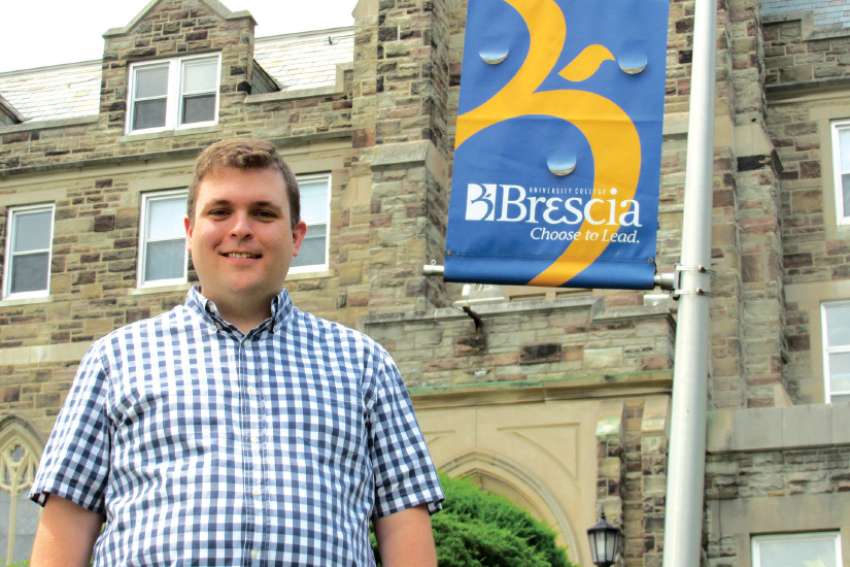Chater said it is good to have a healthy amount of pressure, and it is sure to come as he joins 18 other Canadian academics in this year’s crop of Fulbright scholars. The prestigious Fulbright program allows exceptional Canadian scholars to research and lecture in American universities on issues that are of importance to that school.
For Chater, that will take him to the University of Washington in February for five months of investigation into how Indigenous people can impact international decision making. The university hosts the Canadian Studies Centre in the Henry M. Jackson School of International Studies, a research centre with an avid interest in the Arctic region.
Chater’s PhD dissertation, completed in 2015, was on international relations in the Arctic and focused on the Arctic Council, what he calls “a United Nations of the Arctic.” It’s an international institution that brings together all the Arctic nations — Canada, the U.S., Russia and the Scandinavian countries — with a focus on environmental protection issues. Where the Arctic Council differs from other such institutions is in Indigenous involvement. Indigenous peoples’ organizations have a form of membership, said Chater, with a right to attend all the meetings, participate in discussion and sponsor projects, “basically everything a state can do except they can’t vote on council decisions.”
“This is a unique model of participation, a unique model of membership… and I want to study more how this manifests into results,” he said.
While there is no Indigenous vote on council matters, there is no doubt that the voice of the six Indigenous advocacy organizations on the council is heard on matters — as a voice of the people rather than a voice for a nation. Chater said understanding what participation or membership means for Indigenous in institutions is a profound question in a time of reconciliation.
“It’s a good model and one of the things I want to look at in the research is how transposable it is if other institutions can adopt something similar,” said Chater, who teaches political science at the Catholic liberal arts university for women on the Western University campus in London, Ont.
The Fulbright program’s goal is to improve intercultural relations, cultural diplomacy and intercultural competence between Americans and other nations through the exchange of persons, knowledge and skills. It was founded in 1946 by U.S. Senator J. William Fulbright and is widely considered among the most prized scholarships in the world. Established in the wake of the Second World War, it was an attempt to promote peace and understanding through educational exchange. Fifty-nine alumni have won Nobel Prizes and another 82 have won Pulitzer Prizes.
Chater understands what an honour it is personally and how much it will mean to his area of study.
“One of the nice things about the Fulbright program is it gives you the profile and it exposes you to some new voices and perspectives,” he said. “So it will make the work better.”
And Brescia, a small university on the much-larger Western campus, will also benefit. He hopes to bring the experience back to Brescia and help enhance the school’s research profile.
“It will be good to see how things are done at the University of Washington and bring back some ideas about what we do well and what we can do better at Brescia.”


